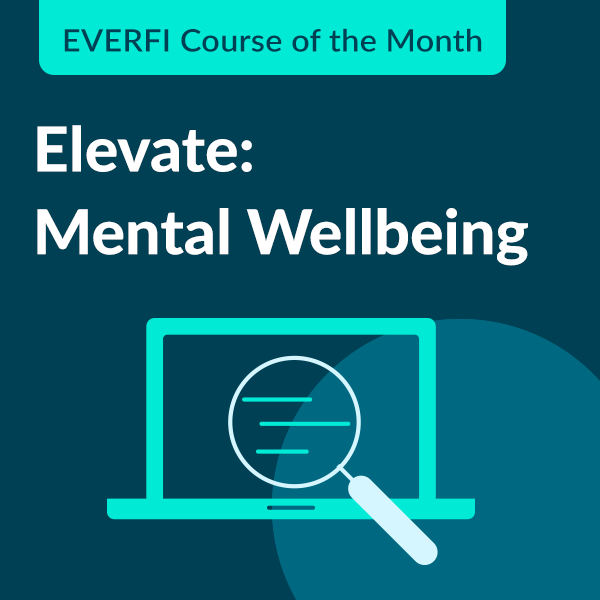Over the last couple of years, amid the most challenging of circumstances, our schools and teachers have gone above and beyond in trying to prepare pupils for an ever-changing future.
But very few of us get a glimpse of what that future will look like. It’s perhaps those outside of education, and in the world of business, who can tell us best what skills, knowledge and attributes our young people will need to get on in the workplaces of the future.
It was with this in mind that EVERFI sponsored a roundtable hosted by The Economist that brought together business leaders from Novartis, Metro Bank, Cisco, Deutsche Bank and others. We know that schools and teachers can’t do it all. So often the skills young people need to acquire for a fulfilling future sit outside the curriculum – this is what we at EVERFI call the ‘missing layer of learning’.
Our group of high-profile employers started by setting out what exactly this ‘missing layer of learning’ looked like for them. For some, it was an appreciation of other cultures and an ability to see things from a different perspective. For others, it was the ability to quickly adapt, and show resilience, in the face of changing circumstances. For all, it was felt that a ‘personal sense of purpose’ was key to a successful future.
In terms of the skills required, there was agreement that a ‘data-driven mindset’ was increasingly important, with data science skills highlighted as an area in increasingly high demand across sectors. Financial literacy was also felt to be a key element of the ‘missing layer of learning’.
Our business leaders were quick to point out however, that their role was not just to describe the qualities, skills and attributes that form this ‘missing layer of learning’, but to help address it, both now and in the future.
They recognised that businesses needed to engage with young people well before they are ready to start work and that employers should be looking at themselves and questioning ‘what skills and qualities we need to unlock young people’s potential’. As Nick Fuller, EVERFI’s International President, said: “It’s about multiple touch points throughout a young person’s life – letting them know their potential and the opportunities that are available to them, even at a basic level.” Another business pointed out that young people might not be aware that what might be seen as ‘negative behaviour’ in school, could be seen by a potential employer in a more positive light, as having ‘the gift of the gab’.
Above all, the companies at our roundtable felt businesses need to put aside their competitive instincts and come together to help young people. Times have changed, they said. It is no longer about ‘my company’s skills shortage’ and instead about collective responsibility to develop the next generation and ensure they have the skills they need to succeed in life – both inside and outside the workplace. Clearly no company can have a presence in all schools and all businesses have their strengths and weaknesses. Coming together, adopting a collective approach and thinking about what is best for young people, is, they agreed, by far the best strategy to help address our ‘missing layer of learning’ and ensure a successful future for all of us.









